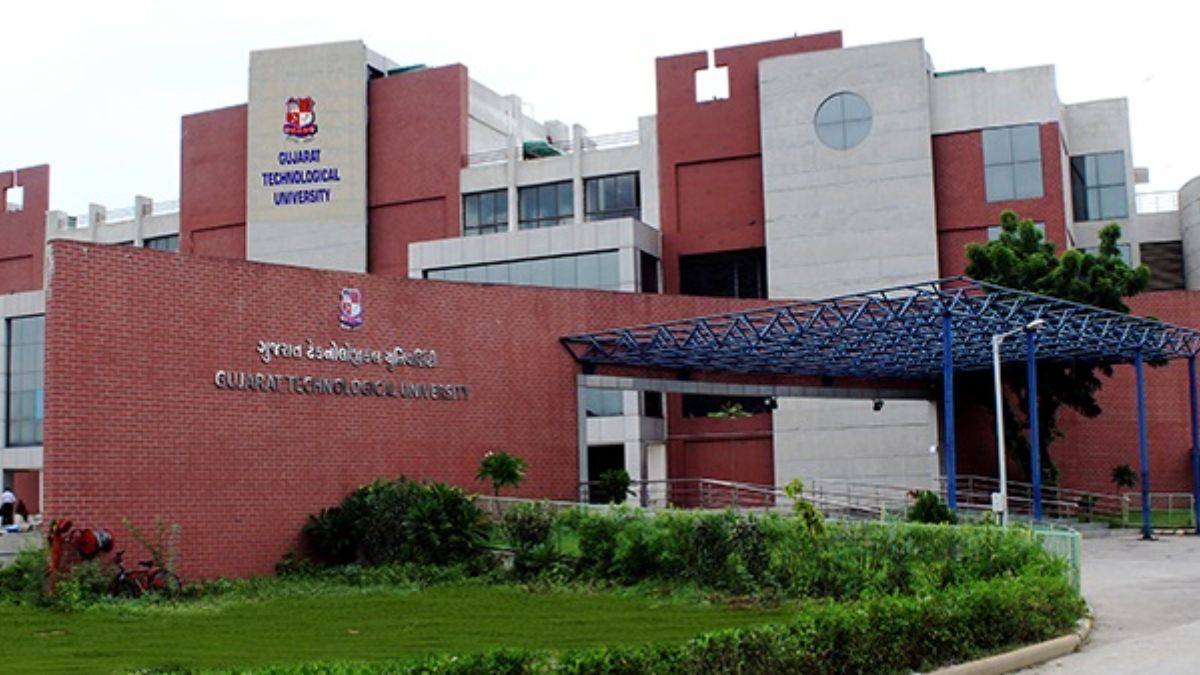GTU failed in its Attempt to Teach Engineering in Gujarati
Despite the noble intention behind the initiative by GTU, the response from students has been underwhelming, with the program struggling to attract and retain students.

Advertisement
Ahmedabad : In a bold initiative to promote mother tongue education, Gujarat Technological University (GTU) launched engineering studies in the Gujarati language in 2022. Despite the noble intention behind the initiative, the response from students has been underwhelming, with the program struggling to attract and retain students.
The Gujarat Power Engineering and Research Institute, located in Mehsana, was allocated 34 seats per branch for engineering courses in Gujarati, totaling 132 seats across Civil, Mechanical, Computer, and Electrical engineering. However, the response from students has been far from encouraging. In 2022, not a single student enrolled in the Gujarati medium courses. In 2023, only two students were admitted, but they withdrew shortly after. This year, the situation has slightly improved with six students showing interest—two in Mechanical Engineering and four in Computer Engineering—but it remains clear that the initiative has not been a success.
Nilay Bhupatani, chairman of the admission committee, provided insight into the reasons behind this lack of interest. “Students believe that because the medium of instruction in the industry is English, they need to study in English to secure jobs, especially in foreign companies,” Bhupatani explained. This perception appears to be a significant deterrent for students considering engineering education in their mother tongue.
The initiative was part of a broader effort under the National Education Policy to promote education in regional languages. GTU even went to the extent of publishing Gujarati textbooks for engineering courses. Despite these efforts, students have shown a clear preference for English-medium education, driven by the belief that English proficiency is essential for higher studies and employment prospects in the engineering sector.
Bhupatani elaborated on the challenges, stating, “The job market, especially in engineering, is highly globalized. Most companies, particularly those with international operations, use English as their primary language. This reality shapes students’ preferences and decisions about their education.”
The failure of this initiative highlights the gap between policy aspirations and student preferences. While mother tongue education is valuable for preserving cultural heritage and improving comprehension at the foundational level, the professional and academic realities of fields like engineering necessitate a strong command of English.
The students’ reluctance to enroll in Gujarati medium courses underscores the importance of aligning educational initiatives with market realities and student aspirations. The emphasis on English is not just about communication skills but also about ensuring competitiveness in a global job market.
Advertisement

